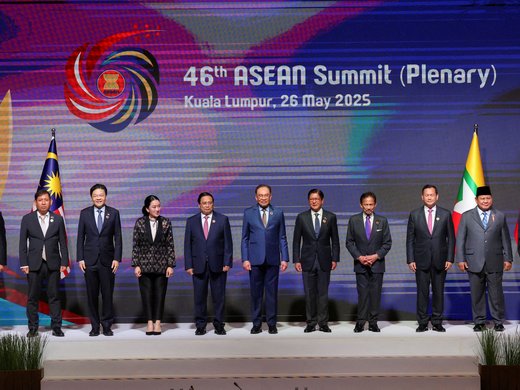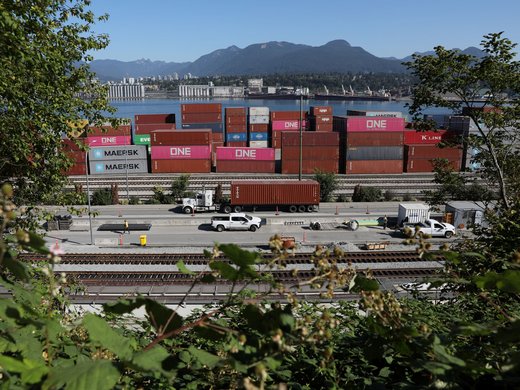It is often alleged that the provisions for investor-state arbitration (ISA) are not needed in international trade agreements to protect the interests of foreign investors in developed democracies because these countries possess well-established judicial systems where justice is given on an impartial basis by impartial judges. It is alleged that if foreign investors were to go to domestic courts, they would find all the remedies they require. To test this hypothesis, this paper looks at the situation in Canada. All 35 North American Free Trade Agreement (NAFTA) claims against Canada are considered with a view to determining whether Canadian courts would be empowered to award the same damages that might be awarded by an ad hoc arbitral tribunal, were the claimant to be successful. Somewhat surprisingly, damages fully equivalent to those that might be awarded by a NAFTA tribunal would be available in only four cases. In many other cases, only administrative law remedies and no damages would be available. In some cases, no remedy would be available at all. This is due, in part, to the absence of property and contract guarantees in the Constitution of Canada. The result might well be different in other developed democracies.


